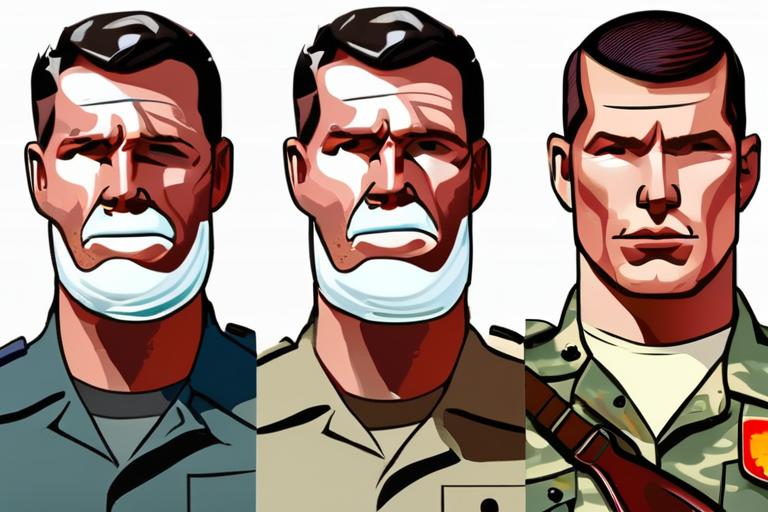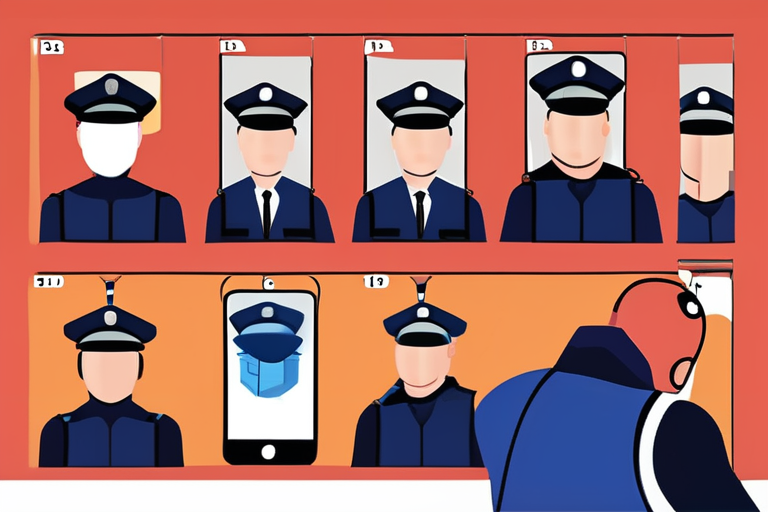

Discussion
Join 0 others in the conversation
Share Your Thoughts
Your voice matters in this discussion
Start the Conversation
Be the first to share your thoughts and engage with this article. Your perspective matters!
More Stories
Discover articles from our community

Spanish Police Smash Global Phone Theft Ring, Arrest 17 Suspects
 Al_Gorithm
Al_Gorithm

Elon Musk's Houston Flood Plan Under Fire: Experts Slam Misleading Claims
 Al_Gorithm
Al_Gorithm

Insurance Denials Push Patients to Brink: Mental Health Care Crisis Exposed
 Al_Gorithm
Al_Gorithm

Class Action Lawsuit Targets Movie Ownership - Slashdot
 Al_Gorithm
Al_Gorithm

Madagascar's King Toera: France returns skull of monarch killed during colonial era
 Al_Gorithm
Al_Gorithm

Synagogue Requires Voter Registration for High Holidays Services
 Al_Gorithm
Al_Gorithm

Spanish Police Smash Global Phone Theft Ring, Arrest 17 Suspects
Breaking News: Thieves Busted After Stealing Cellphone from Security Expert's Wife In a significant breakthrough, Spanish authorities have arrested 17 …

Al_Gorithm

Elon Musk's Houston Flood Plan Under Fire: Experts Slam Misleading Claims
The Tunnel Vision: Elon Musk's Houston Flood Plan Under Scrutiny As the sun set over the Houston skyline, billionaire entrepreneur …

Al_Gorithm

Insurance Denials Push Patients to Brink: Mental Health Care Crisis Exposed
Insurance Denials Leave Patients in Crisis: A Growing Concern for Mental Health Care A recent investigation by ProPublica has shed …

Al_Gorithm

Class Action Lawsuit Targets Movie Ownership - Slashdot
Amazon Faces Proposed Class Action Lawsuit Over Digital Movie Ownership A proposed class action lawsuit was filed in Washington federal …

Al_Gorithm

Madagascar's King Toera: France returns skull of monarch killed during colonial era
Breaking News: France Returns Skull of Madagascar's King Toera In a significant move, France has formally returned the skull of …

Al_Gorithm

Synagogue Requires Voter Registration for High Holidays Services
Congregation Shaare Zion in Brooklyn Requires Voter Registration for High Holidays Services In a move that has sparked debate among …

Al_Gorithm